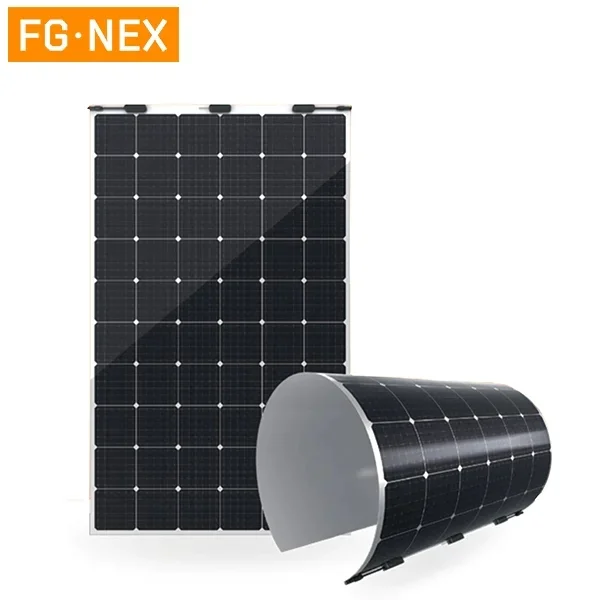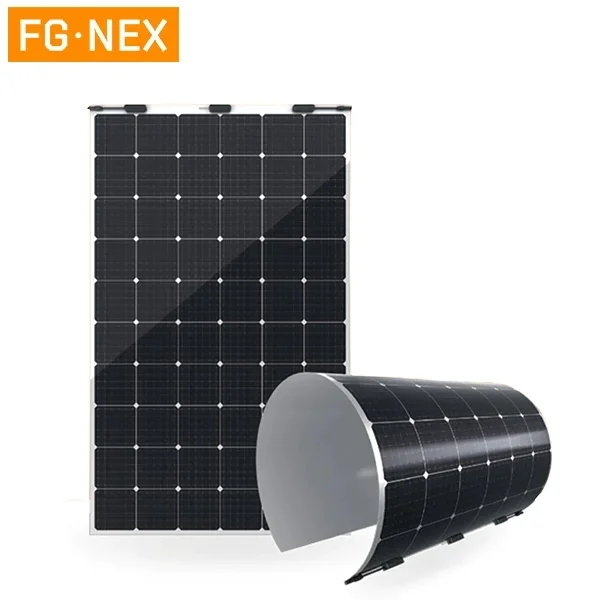Photovoltaic longevity plan: analysis of key factors in solar panel life

When it comes to the life of solar panels, there are many factors that affect their performance and life, which are directly related to the power generation efficiency and economy of the photovoltaic system. Therefore, understanding the factors that affect solar panel life is critical to the design, installation, and maintenance of photovoltaic systems. This article will explore various factors that affect the life of solar panels and propose corresponding solutions, hoping to provide a reference for the reliability and stability of solar photovoltaic systems.

1. Material quality
The material quality of solar panels is one of the important factors affecting their lifespan. High-quality silicon materials and other component materials can improve the stability and durability of solar panels, thereby extending their service life. Therefore, during the production and manufacturing process, selecting high-quality materials and strictly controlling the quality of materials is the key to ensuring the long-term stable operation of solar panels.
2. Temperature
Solar panels are affected by temperature during operation. Temperatures that are too high or too low can adversely affect the performance and lifespan of solar panels. High temperature will cause the power output of the battery panel to decrease, accelerate the aging of components, and reduce the service life; while too low a temperature may cause the battery panel to freeze and be damaged. Therefore, reasonable temperature control and cooling measures are crucial to extending its life.
3. Light intensity
Light intensity is one of the important factors affecting the power generation efficiency and lifespan of solar panels. Too high or too low light intensity will have a negative impact on solar panels. Excessively high light intensity may cause the energy panel to overheat, affecting its performance and lifespan; while too low light intensity will reduce the power generation efficiency of the energy panel. Therefore, reasonable control of light intensity and appropriate shading and heat dissipation measures are crucial to protect solar panels and extend their life.
4. Pollution
Solar panels are susceptible to various pollutants during use, such as dust, rain, bird droppings, etc. These pollutants will reduce the light absorption capacity of solar panels, affect their power generation efficiency, and even damage the surface of solar panels. Therefore, regular cleaning to keep it clean and smooth is essential to extend its life.
5. Electrical connection
The electrical connection of a solar panel is one of the important factors that affect its lifespan. Good electrical connections can ensure the normal operation and power generation efficiency of solar panels, while poor electrical connections may cause circuit short circuits, heat generation, and damage. Therefore, proper design and installation of electrical connection systems to ensure connection reliability and safety is crucial to protect solar panels and extend their life.
6. Maintenance
Regular maintenance is essential to protect your solar panels and extend their life. Regularly checking the working status and performance parameters, and discovering and dealing with problems in time, can effectively extend the service life of solar panels.
To sum up, there are many factors that affect the life of solar panels, including material quality, temperature, light intensity, pollution, electrical connections, and maintenance. Reasonably controlling these factors and taking corresponding measures can effectively protect solar panels and extend their life, thereby improving the reliability and stability of the photovoltaic system. With the continuous development and improvement of solar energy technology, it is believed that the life of solar panels will be further improved and make greater contributions to the development of sustainable energy.
https://www.fgnexsolar.com/analysis-of-key-factors-in-solar-panel-life.html
- Art
- Causes
- Crafts
- Dance
- Drinks
- Film
- Fitness
- Food
- Spellen
- Gardening
- Health
- Home
- Literature
- Music
- Networking
- Other
- Party
- Religion
- Shopping
- Sports
- Theater
- Wellness


